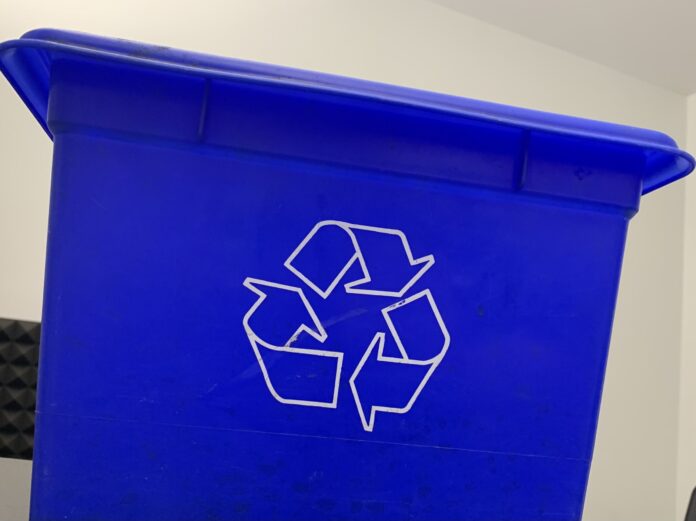More items can be put into the blue recycling bins.
You can now recycle things that would be generally disposed of after one use, including plastic sandwich bags or throw-away party cups, bowls and plates.
“Our government is working to ensure that people in B.C. can help to keep their communities and the environment healthy. By expanding our nation-leading recycling system to include more products, we are keeping more plastic out of our waterways and landfills,” said Parliamentary Secretary for Environment, Aman Singh.
Single-use plastics are one of the most common items found littering BC’s shores.
“People across the province can now recycle a wider array of single-use plastics and other materials in their blue bins and at recycling depots,” said Singh. “This builds on the significant progress we’ve made through the CleanBC Plastics Action Plan.”
The changes are effective immediately.
Newly accepted blue-box items:
- plastic plates, bowls and cups;
- plastic cutlery and straws;
- plastic food storage containers;
- plastic hangers (that come with clothing);
- paper plates, bowls and cups (with thin plastic lining);
- aluminum foil;
- aluminum-foil baking dishes and pie plates; and
- metal storage tins (thin gauge).
Flexible plastics accepted at depots only:
- plastic sandwich and freezer bags;
- plastic shrink wrap;
- flexible plastic drop sheets and covering;
- flexible plastic bubble wrap (no bubble wrap-lined paper);
- flexible plastic recycling bags (blue, clear bags, or yellow or blue bags used for curb-side collection); and
- flexible plastic carry-out shopping bags (reusable).
“This expanded materials list will allow more material to be recycled, keep it out of landfills and stop it from littering the environment,” said Recycle BC’s executive director, Tamara Burns. “Residents play a key role in recycling this material by enabling it to be collected – by putting it into their bins or taking materials to a depot.”
Over the next four years, the federal government promises to expand extended producer responsibility programs— a program where companies and producers are responsible for the collection and recycling of the products they create— to include mattresses, electric-vehicle batteries and medical sharps (such as syringes, lancets, etc), as well as more moderately hazardous products, such as compressed-fuel canisters.
A larger list of what is and isn’t acceptable at depots and boxes is available here or here.
More information about the CleanBC Plastics Action plan is available here.
Something going on in the Cariboo you think people should know about?
Send us a news tip by emailing cariboonews@vistaradio.ca.








